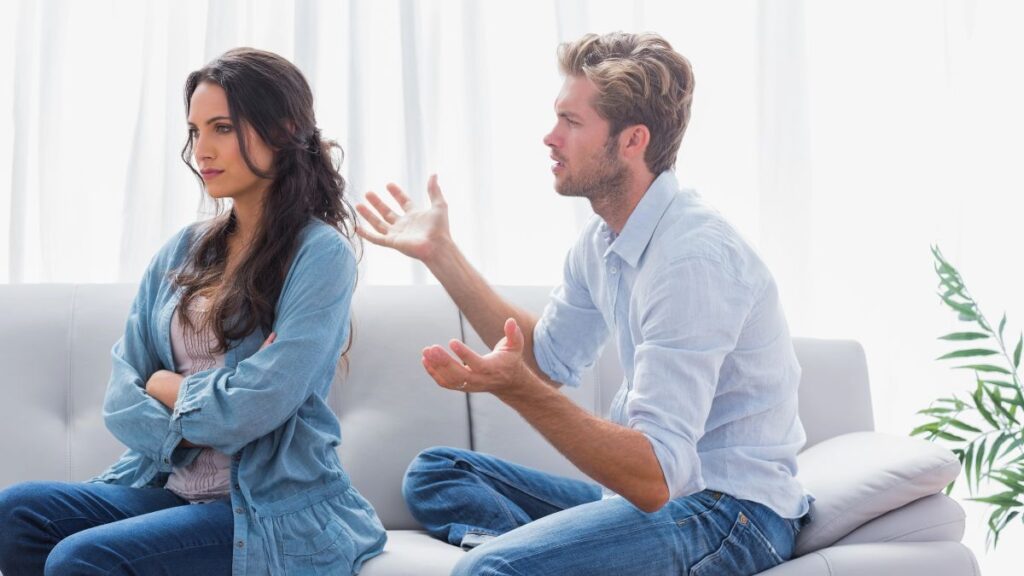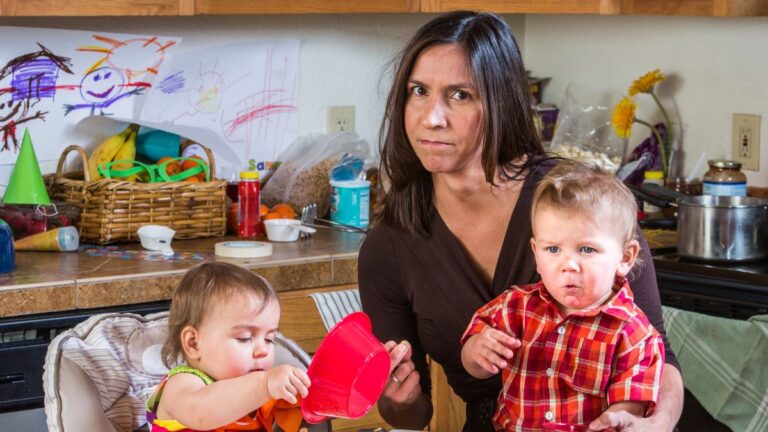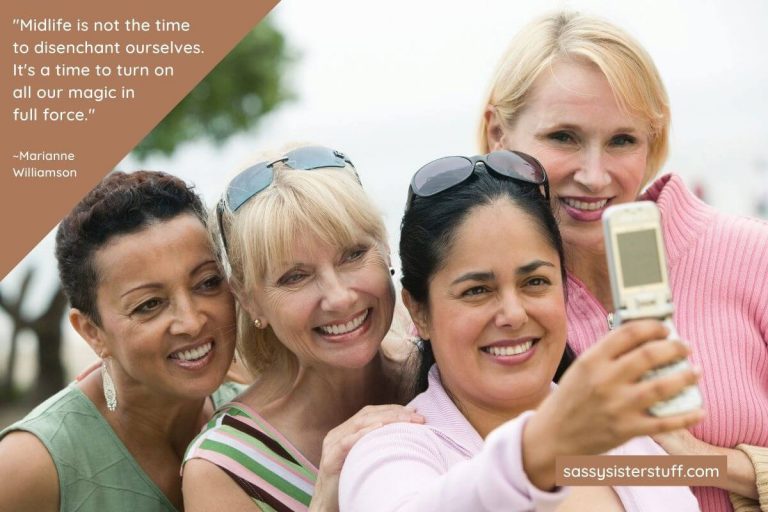14 Ways to Spot Low Empathy and Why It Matters in Your Relationship
Ever feel like someone just doesn’t connect with you on a deeper level? It might be a lack of empathy. Empathy allows us to understand and share feelings with others, helping to build stronger connections and trust.
Relationships can feel one-sided, cold, and even confusing when empathy is missing. Here are 15 signs of low empathy and why they matter.
Lack of Genuine Interest in Others

People lacking empathy often show little interest in others’ lives. They might forget details you’ve shared or fail to ask how you’re doing, leaving you feeling invisible or unimportant in the relationship. Genuine connection thrives on curiosity and care, both of which may be absent here.
Interrupting Conversations

Ever feel like someone’s just waiting for their turn to talk? People with low empathy often interrupt or steer conversations back to themselves, making interactions feel frustrating and unbalanced. Listening is a key part of empathy; without it, communication can fall apart.
Avoidance of Emotional Topics

Some people dodge emotional conversations like it’s their full-time job. They may shut down or change the subject when feelings come up. This avoidance can create a wall in relationships, making it hard to connect on a deeper level. Emotional openness is essential for building trust and understanding.
Blaming Others for Their Problems

Low-empathy individuals often shift blame rather than take responsibility. They may refuse to acknowledge how their actions contribute to a problem, making conflict resolution nearly impossible. Relationships require accountability to thrive, but these individuals often sidestep it.
Struggle with Compassionate Actions

Small acts of kindness may not come naturally to someone lacking empathy. They might forget important dates or fail to offer help when needed. Over time, this lack of compassion can strain relationships. People feel valued when their needs and emotions are acknowledged.
Difficulty Adjusting to Feedback

Feedback can feel like a personal attack on those who lack empathy. They might respond defensively or dismiss what you’re saying entirely, making it hard to have honest conversations about relationship dynamics. Empathy involves being open to others’ perspectives, which is often missing here.
Overly Critical Attitude

Do they nitpick or focus on flaws? Low-empathy individuals often struggle to balance critique with encouragement. Their words can come across as harsh or judgmental, leaving others feeling small. Tempered with care, constructive feedback is an essential part of healthy interactions.
Lack of Emotional Reciprocity

Sharing your feelings might feel like shouting into the void with someone low in empathy. They don’t reciprocate emotional vulnerability, making interactions feel one-sided. Relationships thrive when there’s a mutual exchange of emotions, not just one person opening up.
Poor Boundaries

People who lack empathy may not respect boundaries, emotionally or otherwise. They might push for information you’re not ready to share or dismiss your need for space. Boundaries are vital for emotional safety, but these individuals often struggle to recognize or honor them.
Focus on Practical Over Emotional Support

When you’re upset, they might offer solutions instead of sympathy. While problem-solving has its place, it can feel dismissive when seeking emotional comfort. Relationships require a balance of practical help and emotional care, something they often miss.
Difficulty Celebrating Others’ Joys

Low-empathy individuals may struggle to feel happy for others. They might downplay your achievements or shift the focus to themselves, making celebrating milestones feel hollow or awkward. Sharing joy is as important as supporting each other in hard times.
Resistance to Change

Empathy helps us grow and adapt in relationships, but those lacking it often resist change. They may refuse to alter harmful behaviors or compromise. This rigidity can stifle growth and lead to frustration. Flexibility and understanding are cornerstones of successful relationships.
Lack of Nonverbal Responsiveness

Body language often speaks louder than words, but low-empathy individuals may miss the memo. They might fail to smile, nod, or offer comforting gestures during conversations. This lack of nonverbal connection can make interactions feel cold or robotic.
Struggles with Forgiveness

Forgiving others often requires understanding their perspective, something low-empathy people find difficult. They may hold grudges or struggle to move past mistakes. This inability to forgive can create tension and prolong conflicts. Forgiveness is essential for healing and moving forward.
Limited Emotional Vocabulary

They might respond with a vague “fine” or “okay.” Low-empathy individuals often lack the words to express or understand complex emotions. This can make conversations about feelings feel shallow or unproductive. A richer emotional language fosters deeper connections.
Related: 20 Brutally Honest Reasons Women Walk Away from Relationships

Relationships can be complex and demanding, requiring effort, understanding, and mutual respect to thrive. However, there are times when women decide to leave, often due to a myriad of reasons that can be deeply personal and revealing.
20 Brutally Honest Reasons Women Walk Away from Relationships







